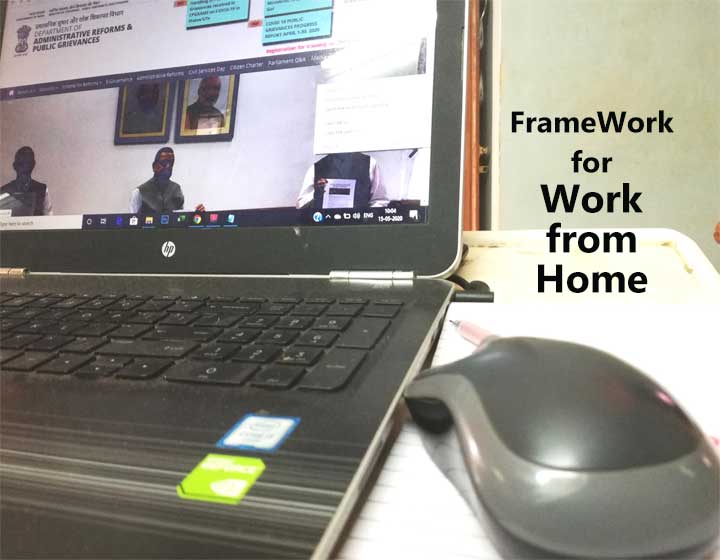We have been receiving many querries regarding child care leave ever since it has been implemented. It seems that all the govt departments are not following a uniform procedure to sanction the child care leave.The doubts raised by our viewers reveals that the leave sanctioning authorities following their own procedures.Some departments ask their staffs to submit medical certificate to sanction CCl,some may not. So Govt should be clear that what are all the supporting documents and pre- conditions it required to sanction the CCL.
CCS (Leave) (Fourth Amendment) Rules, 2011.
[TO BE PUBLISHED IN THE GAZETTE OF INDIA. EXTRAORDINARY.
PART II. SECTION-3, SUB-SECTION (i)]
Government of India
Ministry of Personnel. Public Grievances and Pensions
Department of Personnel and Training
Notification
New Delhi, the 27th August. 2011.
G.S.R -In exercise of the powers conferred by the proviso to article 309 read with clause (5) of article 148 of the Constitution and after consultation with the Comptroller and Auditor General of India in relation to persons serving in the Indian Audit and Accounts Department, the President hereby makes the following rules further to amend the Central Civil Services (Leave) Rules, 1972. namely :-
1. (i) These rules may be called the Central Civil Services (Leave) (Fourth Amendment) Rules. 2011
(2) They shall come into force on the date of their publication in the official Gazette.
2. For rule 43-Col the Central Civil Services (Leave) Rules, 1972. the following rule shall be substituted, namely:—
43—C(I). Subject to the provisions of this rule, a woman Government servant may be granted child care leave by an authority competent to grant leave for a maximum period of 730 days during her entire service for taking care of her two eldest surviving children. whether for rearing or for looking after any of their needs, such as education, sickness and the like.
(2) For the purposes of sub—rule (I). “child” means
(a) a child below the age of eighteen years: or
(b) a child below the age of twenty—two years with a minimum disability of forty per cent as specified in the Government of India in Ministry of Social Justice and Empowerment’s Notification No.16-18/97-NI.I. dated the 1st June. 2001.
(3) Grant of child care leave to a woman Government servant under sub-rule (I) shall he subject to the following conditions namely:
(i) it shall not he granted for more than three spells in a calendar year:
(ii) it shall not he granted for a period less than fifteen days at a time: and
(iii) it shall not ordinarily be granted during the probation period except in case of certain extreme situations where the leave sanctioning authority is satisfied about the need of child care leave to the probationer. Provided that the period for which such leave is sanctioned is minimal.
(4) During the period of child care leave, the woman Government servant shall be paid leave salary equal to the pay drawn immediately before proceeding on leave.
(5) Child care leave may he combined with leave of any other kind.
(6) Notwithstanding the requirement of production of medical certificate contained in sub-rule (I) of rule 30 or sub-rule (I) of rule 31, leave of the kind due and admissible (including commuted Leave not exceeding sixty days and Leave Not Due) upto a maximum of one year, if applied for, be granted in continuation with child care leave granted under sub-rule (1).
(7) Child care leave shall not he debited against the leave account.
[F.No. 13018/4/2011-Estt.(L)
sd/-
(Mamta Kundra)
Joint Secretary to the Government of India
Source: www.persmin.nic.in
[http://circulars.nic.in/WriteReadData/CircularPortal/D2/D02est/13018_4_2011-Estt.-Leave-27082011.pdf]
CLICK HERE TO SEE THE CHILD CARE LEAVE ORDER AND CLARIFICATIONS
Dopt orders

The efficiency in Govt. offices have come down considerably after introduction of the Child Care Leave. A good number of lady employees are also not in favour of this leave as the Child Care Leave is not availed for the purpose in majority cases. It is high time the government re-consider the issue